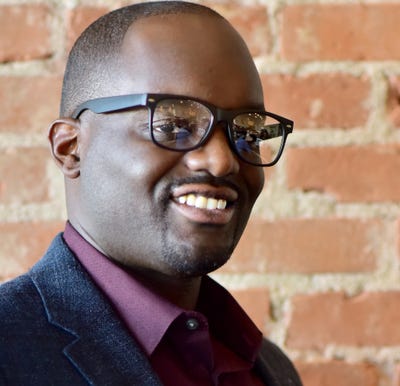5 questions to ask your contract packager

Neil Thompson
If you’re a small or large medical device company, outsourcing product packaging to a contract packager may be a necessity. Before hiring one, though, knowing the right questions to ask is critical to ensure high product quality, regulatory compliance and market competitiveness.
Here are a handful of questions you should ask before inking a deal.
1. What packaging equipment do you have?
Can the contract packager handle the package you’ve selected for your medical device? Two common types of sealing equipment for sterile packaging are tray sealers and pouch sealers. Both sealers come in a variety of configurations: table-top or floor models, manually programmed and even fully automated.
Choosing between these configurations is dependent on your volumes and budget. For higher volumes, it may make sense to buy a floor model, which can handle such capacity, or possibly even a fully automated machine.
Be forewarned that equipment lead time could be significant if they require customization. Pouch sealers typically do not need to be customized. On the other hand, tray sealers have custom tool dies that are dependent on the footprint of the company’s tray. Tray sealer manufacturers will not start developing the tool die, which can take six weeks to produce, until they receive the tray. Lead times associated with a custom tray and tray sealer tooling can add up, affecting a company’s timeline for product launch.
2. Does your facility have a trackable labeling system?
Recording and tracking inventory is essential in medical devices. Having materials resource planning (MRP) software is an essential regulatory requirement. This goes hand-in-hand with the labeling system. A facility must have a capable MRP system along with labeling capabilities to ensure that every aspect of the product is trackable to the source and date of manufacturing and packaging.
ISO 15223-1 and 21 CFR Part 801 provide more information on the labeling requirements for medical devices.
3. Can your facility store product?
It would be advantageous to choose a contract packager that has the ability to store and ship product. Although you may want to control the bulk of the distribution, at some point, space at your facility may run out.
If you do store product, always make sure that the contract packager’s facility has an appropriate MRP system to track inventory.
4. What class cleanroom does your facility have?
For any medical device, it is important to minimize the level of biological contamination, or bioburden, during the manufacturing and packaging process. Most medical devices are manufactured in a cleanroom. The class of cleanroom necessary is dependent on the bioburden level allowed by the chosen sterilization method. For example, a biologic that is sensitive to gamma sterilization, thereby needing a low sterilization dose, should be packaged in a cleanroom that allows a low amount of particles.
Cleanroom classes range from ISO Class 1 to Class 9, with ISO Class 1 being the cleanest, allowing the least amount of particles. ISO Class 7 and 8 are sufficient for most products, however, this must be assessed by appropriate bioburden testing of the product. For more information on cleanroom classifications, refer to ISO 14644-1.
5. Do you have sterilization capabilities?
In most cases, other than autoclaving, contract packagers do not have sterilization capabilities, so you must keep in mind that sending the packages to a sterilizer will impact the timeline and costs. While there are some facilities that have steam sterilization capabilities (ethylene oxide or hydrogen peroxide), most do not; even a smaller percentage have gamma or ebeam sterilization.
Sterilization must be taken into account when calculating inventory shipping costs and lead times. Typically, most companies outsource sterilization to companies like Steris or Sterigenics, which have processing facilities across the U.S.
Getting the answers to these questions will set your company on the right path toward engaging the appropriate contract packager.
Neil Thompson is business development manager of Steriliant LLC, a one-stop shop for medical device companies’ packaging needs. Started by experienced medical device engineers and project managers, Steriliant provides packaging design, material and equipment procurement, protocol and report writing, and contract manufacturing sourcing.
********************************************************************************
PackEx Montréal 2018 offers everything from design to manufacturing—concept to market—with valuable free presentations available throughout the event at Center Stage. See more suppliers, products, and networking opportunities to help you take your projects, company, and career to all-new heights. REGISTER NOW!
About the Author(s)
You May Also Like





